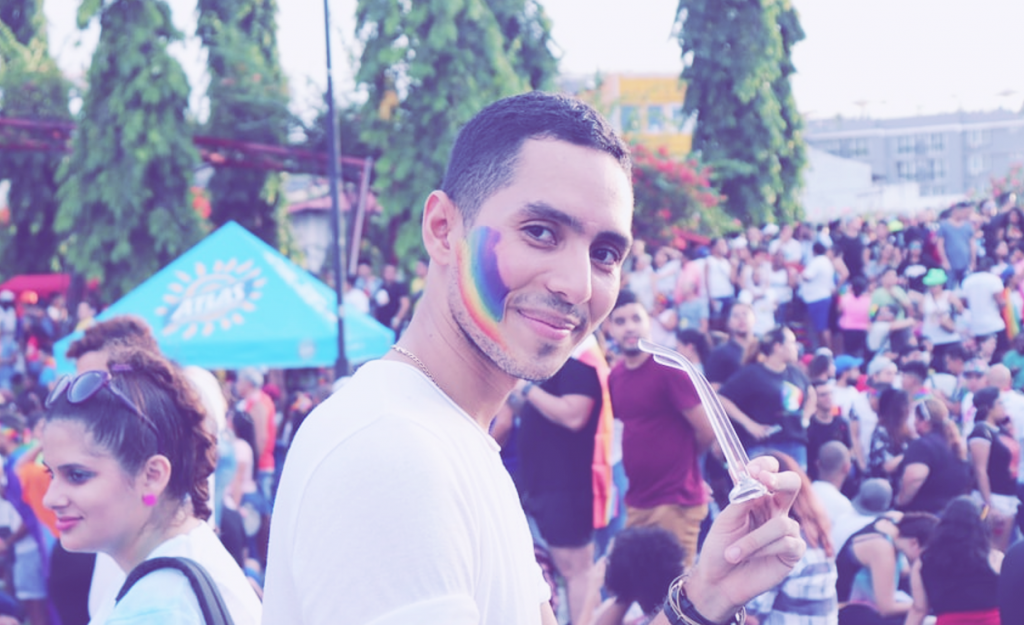About the project.
Over the last several decades, young peoples’ participation in traditional measures of civic engagement, such as voting and political party affiliation has been declining, being especially true for young people aged 18 to 24.
The Problem
COVID-19 pandemic affected negatively young people’s civic
participation due to limitations on movement, on assembly,
on public gatherings and on free speech.
The Consequences
The consequences have been even more negative in case of especially vulnerable groups whose rights and freedoms may be already at risk (refugees, ethnic minorities, asylum seekers, migrants, disabilities, LGBTQ community, etc.).


- Create a methodology that combining arts and creativity, mobilizes disadvantage groups to participate in online civic spaces
- Create a community-based guide for Civil Society Organisation (CSO) to help them replicate the methodology and develop young people’s confidence, self-awareness, self-presentation, and increase young people’s skills and capacities required to show creative leadership of self and others and negotiate entry into the world of employment.

- Promote and increase the engagement of young people in Young Civil Society Organizations;
- Provide a new response to mitigate problems caused by the pandemic, one of them being the negative impact on civic participation of youngsters.
- Support disadvantaged youth’s civic education and development by connecting skills development and inclusion through creativity and the art, with particular focus on socially disadvantaged group.

- Increase the ability of community organisations to mobilize and support their communities affected by the COVID-19 pandemic, by training local organisations to mobilize young people’s coping mechanisms to help them mitigate the effects of the pandemic.
- Raise public awareness of the right of young people to have their voices heard and give CSO tools to support young civic participation.
This website has been accomplished during the project “G-Lab”, grant agreement number: 2020-1-UK01-KA227-YOU-094689, implemented with financial support of the european commission by the erasmus+ programme. this publication reflects the views only of the author, therefore the european commission cannot be held responsible for any use which may be made of the information contained therein

